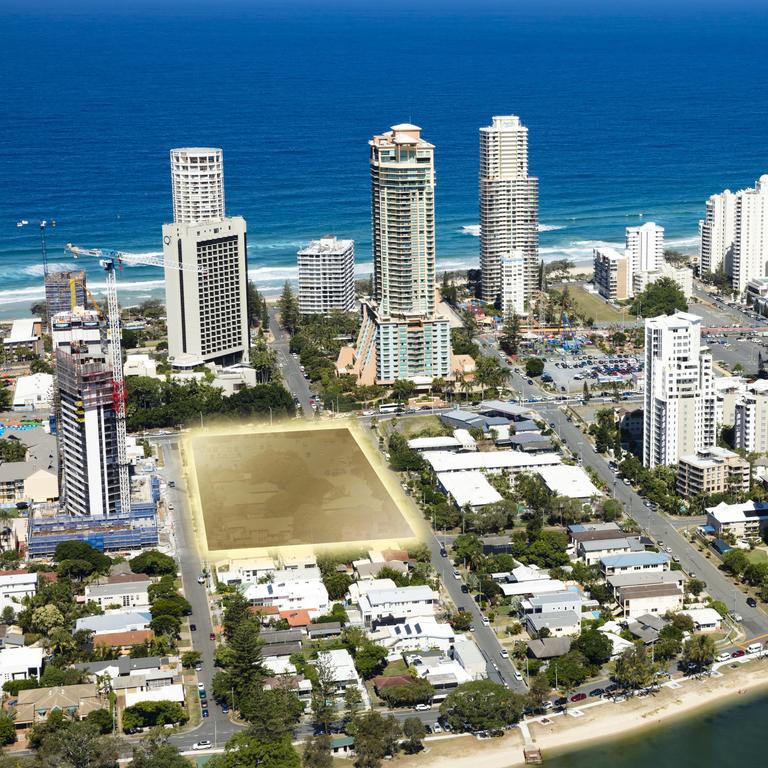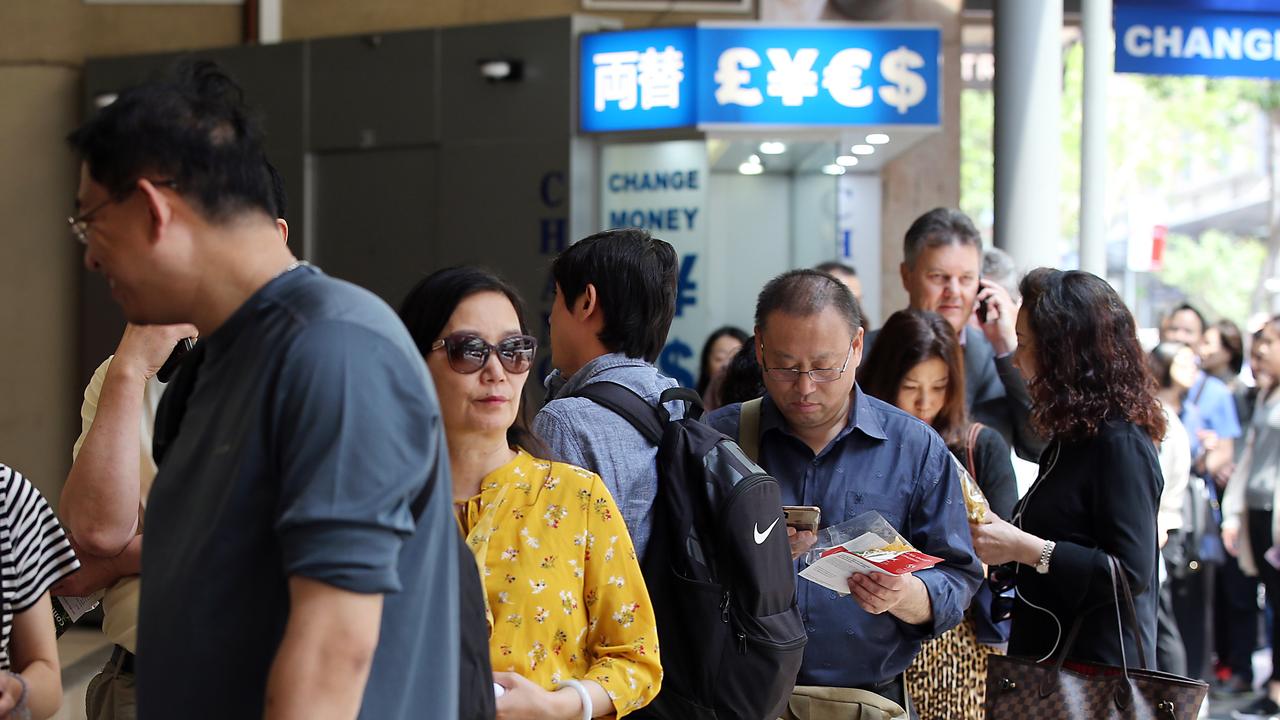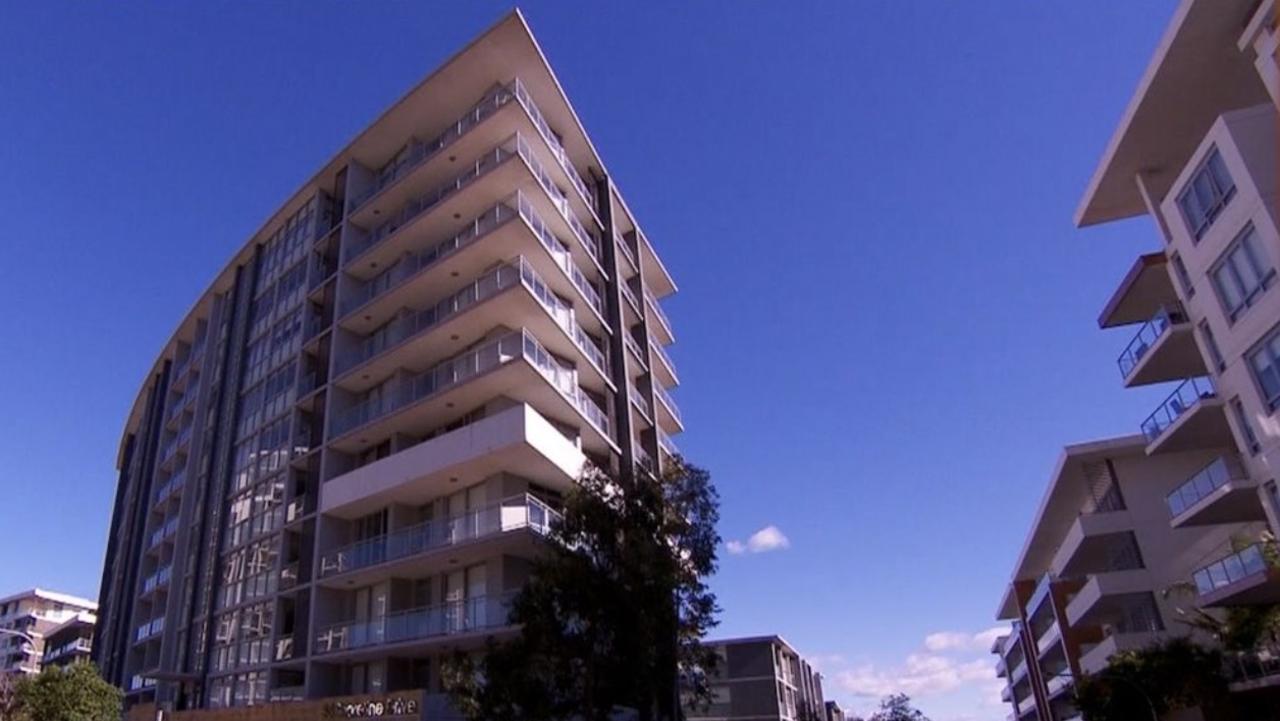Sydney family win $7.4m against ‘unscrupulous’ real estate agent after developer’s $561m collapse
A real estate agent has to personally pay back $7.4 million after encouraging a Sydney family’s involvement in a dodgy property investment opportunity.
A “thoroughly unscrupulous” real estate agent has been ordered to personally pay back $7.4 million to a family for encouraging their involvement in a property investment opportunity that turned out to be one of Australia’s biggest Ponzi schemes.
On Friday, the NSW Supreme Court found that Koon Tung ‘Gary’ Chu, a realtor based in Sydney’s north shore, had made “misleading” representations to a wealthy family from the same area and that he had to pay them the sum total of their losses.
Mr Chu worked for the Ralan Group, one of the country’s biggest private developers, specialising in high-rise apartments in Sydney and the Gold Coast.
In 2019, the developer sensationally collapsed into liquidation with debts of $561 million, placing into jeopardy its $2 billion development pipeline of more than 3000 residential off-the-plan units.
It later emerged that the entire Ralan business was a Ponzi scheme of sorts and had been insolvent years before it finally went bust, eventually landing the company’s director, William O’Dwyer, in jail for fraud.
A Sydney family who lost $7.4 million in the wake of the collapse have been fighting for their money back for half a decade and have finally had a win in court.
The judge from this week’s hearing found that the family’s real estate agent, Mr Gary Chu, had been aware of Ralan Group’s “dishonest practices” but continued to sell his clients apartments, while pocketing a commission in the process, among other things.

The court heard that the Chen family had amassed a fortune in Taiwan through running successful businesses and some of the family had moved to Australia and wanted to invest in property.
The family matriarch and patriarch, who are elderly, stayed in Taiwan, while their daughter and grandson made various investments in Sydney and the Gold Coast from 2015.
The Chens first approached Mr Chu in his capacity as a real estate agent and he helped them buy a place in Lindfield, in Sydney’s north, which they planned to live in and could afford outright.
But Mr Chu then “induced” the family to buy more properties from the Ralan Group, coming in at a grand total of 28 off-the-plan apartments worth over $7 million over a period of years, according to Justice David Hammerschlag in his judgment handed down on Friday.
Mr Chu was able to prod the family to make these purchases in a number of ways, the court heard, including by telling them they would have “guaranteed returns” on their investments and that he himself was “rich” from buying property through the Ralan Group.
He also told them they did not need legal advice and that getting a lawyer would be a waste of time and money.
Do you know more/have a similar story? Get in touch | alex.turner-cohen@news.com.au

Justice Hammerschlag, who referred to Mr Chu by his first name Gary throughout the case, had an absolutely withering outlook on the real estate agent.
He wrote that Mr Chu saw the Chens “had a significant amount of cash and took the opportunity to exploit the situation for his own gain”.
“But for Gary they would have owned an unencumbered apartment in Lindfield. Because of him they lost their money.
“He was an unsatisfactory witness and by his own admission passed on significant information to the plaintiffs which was false.
“His excuse was that he was told by Ralan to tell them this. His evidence sits uncomfortably with his own contemporaneous conduct.”
Later on, the judge wrote, “To put it mildly, (Mr Chu) is indifferent to the truth.”
Mr Chu told news.com.au via his solicitor he disputes the findings and is currently considering his options, including possibly an appeal.
News.com.au has also contacted the Chen family for comment.

The same day the Chens bought their property in Lindfield, Mr Chu encouraged them to keep buying properties from Ralan and give the developer permission for their deposits to be released from a trust and used as an unsecured loan to the developer at a high interest rate.
The Ralan Group had an opportunity called the ‘Released Deposit Scheme’, where purchasers would receive 15 per cent interest if their deposit was released and lent to Ralan to spend as it pleased.
In reality, a lot of this money was used to fund losses and pay the interest for others who had joined the scheme — essentially a Ponzi scheme.
The court heard Mr Chu told them that they would earn $2000 a day in interest or $720,000 per year if they got involved.
The hefty interest only had to be paid at the end once the off-the-plan properties were settled.
As this never happened, it meant the Chens lost the sum total of all their money.
“Gary made the point that he did not receive any commission from purchasers releasing their deposits and that the same commission was paid by Ralan even if the purchaser did not release their deposit,” Justice Hammerschlag noted.
“This overlooks the fact that in numerous cases deposits paid were reassigned to other sales on which he did receive commission.”

Things got more murky with the deposit release scheme the Chen family were coaxed into joining.
Mr Chu led the Chens to believe that only ‘VIPs’ such as themselves had the opportunity to be involved in the 15 per cent interest scheme.
But it was open to everyone.
The Chens said they would have realised something was amiss and it would have made them reconsider if they’d known this.
“Because if everyone is available to get it, that would indicate to me that the – the Ralan Group’s exposure to this 15% earning scheme is a lot greater than if it’s only a limited amount of people,” the Chen grandson said in court.
On top of that, Mr Chu made another dishonest representation to them, the court heard.
For the entire time it ran this released deposit scheme, Ralan hid this from its secured lenders.
Ralan also falsified trust account ledgers to show that the deposits remained in the trust account and did not disclose this information to lenders when seeking funding for new projects.
The court heard that Mr Chu was aware of this, even making reference to it to the Chens. The Chens did not realise the significance of what he was saying at the time but recalled it during the court case.
“The 15% interest released from our client’s money is released into Ralan, but the banks are not aware of this,” Mr Chu supposedly said in a conversation recounted by the Chens.
“The bank sees that Ralan has a stable cash flow. The banks see that Ralan has this cash flow and it is far easier for them to lend money. The released money in Ralan’s account is what we show the banks.”
The judge noted “Counsel for Gary (Chu) went so far as to suggest that Gary made (the grandson) aware of criminal behaviour of Ralan.
“After the court pointed out that this was in effect putting that Gary (Chu) was aware of criminal behaviour counsel put the proposition in ameliorated terms …
“I have found that Gary knew of Ralan’s dishonest practices.”
The judge ordered Mr Chu pay back more than $7 million on the basis that “The plaintiffs’ damage was caused by Gary, and Gary alone.”
alex.turner-cohen@news.com.au




